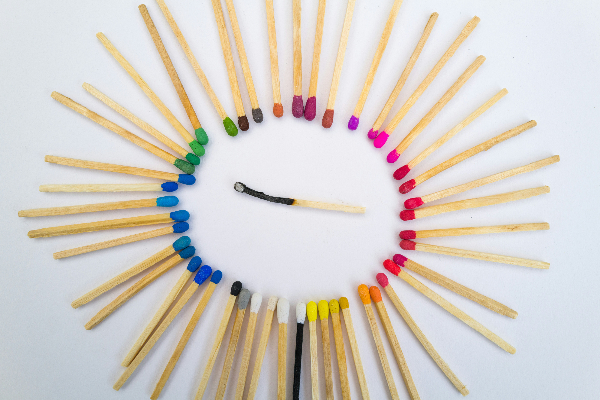Focus on Yourself to Nurture Positive Relationships

The relationships that children and youth establish with adults are critical for a healthy social and emotional development. When students and teachers establish positive, caring relationships, students are more likely to use their teachers as resource to solve problems, engage in learning activities, and better navigate the demands of school (Williford & Sanger Wolcott, 2015). Researchers have found that high-quality relationships between students and teachers are linked with students’ academic and social-emotional outcomes. How can positive relationships be cultivated in schools and classrooms?
When discussing positive student-teacher relationships there is a tendency to focus on what the teacher could do to nurture trusting relationships with his or her students. Correcting students in constructive ways, communicating positive expectations or celebrating students’ diversity are all great strategies that can be implemented in the classroom to enhance relationships. However, fewer times we pay attention to the social and emotional competencies that are involved in nurturing relationships, and how these skills impact the emotional climate in the classroom. If you follow this blog, you know that teachers’ social and emotional skills affect students and the learning environment; for example, teachers who are calm, positive, and content are more likely better equipped for treating students warmly and sensitively, even when students behave in challenging ways (Jones, Bouffard, & Weissbourd, 2013). In addition, these competencies are also critical to avoid burnout and increase teacher well-being. How can teachers show care for their students if they are stressed all the time? In order to create caring learning environments, we need to pay attention to teachers’ social and emotional skills.
Put The Oxygen Mask First, Then Help Others
Think about your most challenging students. How do they make you feel? How is your tone of voice when you communicate with them? What kind of language do you use? Now think about how you feel when students show positive behaviors. What are the differences in your behavior? Answering these questions is a good way to practice self-awareness, which is the foundation of emotional intelligence. Becoming aware of who you are means clearly seeing what you feel and do, and using this information to make better decisions and establish positive relationships with others.
In addition to self-awareness, there is another competency that can greatly impact the quality of relationships in the classroom: the ability to cope with and respond to strong (sometimes very unpleasant!) feelings. Too often, people are told to control their emotions or suppress them before making decisions. However, feelings provide great insights about ourselves and the world around us. Effective teachers are comfortable with their feelings and able to create the feelings that support a positive, high performing environment in the classroom.
Reflect. Think about how you generally react when you are under stress. Do you ignore your feelings until there is a blow out? Or are you able to release some of the stress during the day? How is the emotional climate in your classroom when you are stressed? Many of you have probably noticed that when you are under stress, so are your students. Emotions are contagious!
Take ONE step. Choose ONE think that you could do to manage your stress and the stressors in your life.
- Take a self-compassion break by Dr. Kristin Neff
- Do a body scan by Mindful Teachers
- Take a 6 seconds pause by Six Seconds
- Take a mindful walk by Mindful
- Enjoy the moment by Christine Carter
In summary, teachers’ social and emotional skills are important to foster caring and supportive learning environments. When teachers put the oxygen mask first, they are building the foundation for positive relationships in the classroom and serving as powerful models for their students. How are you taking care of yourself? Please share below.
Subscribe to the HEART in Mind Newsletter
Research-Based Strategies for your SEL Toolbox









